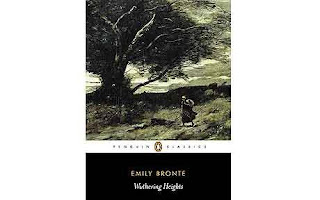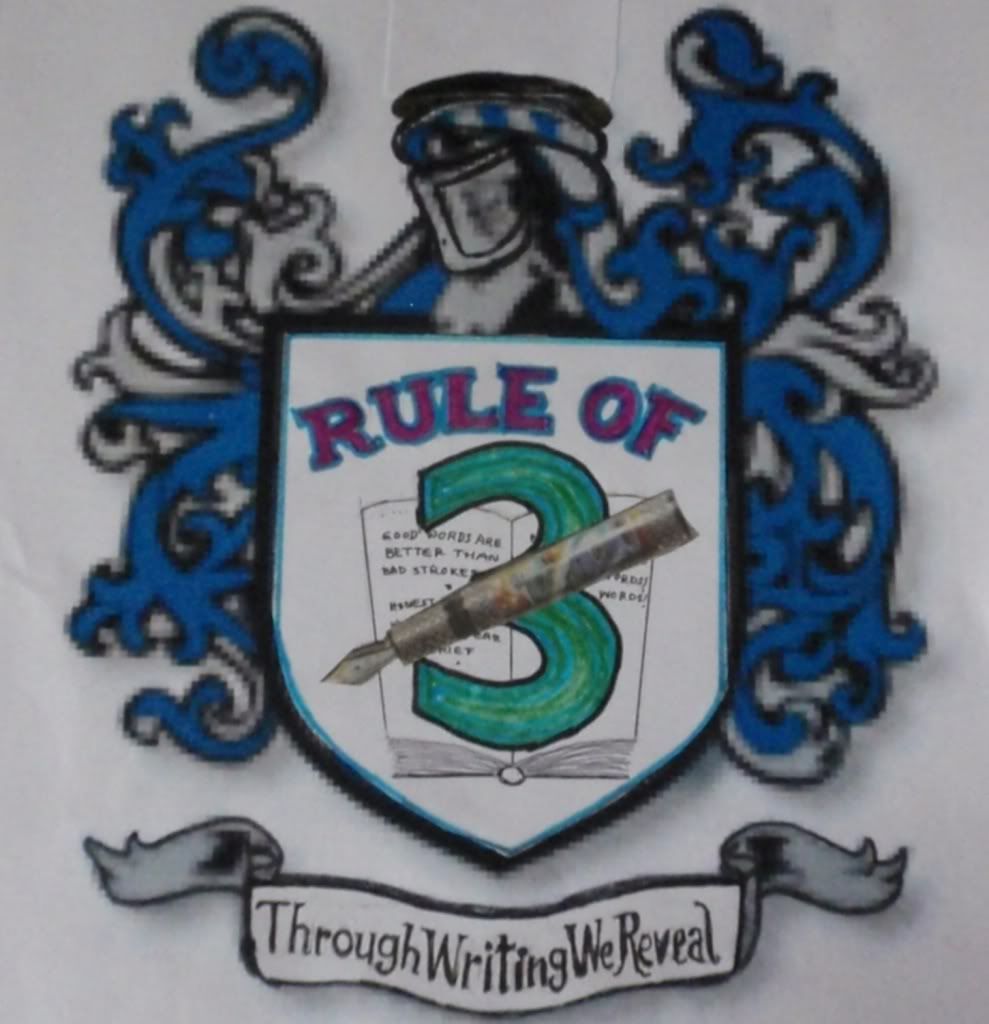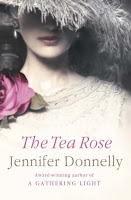Published in 2004 by Allen and Unwin, this amazing Australian novel has won worthy praise:
The Age Book of the Year
The Courier Mail Book of the Year
Commonwealth's Writers' Prize for SE Asia and South Pacific Region
Miles Franklin Award 2005
This was quite a complex novel, with lots of themes, and yet it flowed really well. I enjoyed this book immensely, and don't understand we it is not more popular. Maybe is was a few years ago, and I missed it. I'm certainly glad I found it!
The thing I loved most about this novel was how Australian it is. It is so tangible and real. McGahan obviously knows and loves the Darling Downs. His characters feel deep pulls to the land, and I think McGahan could only write about land if he has felt the same way. Unfortunately, the pull that his characters feel to the land are their ultimate downfall. It sends John McIvor crazy. It sends William's mother crazy.
I have mixed feelings about John McIvor. I have come across similar people in regional Australia - people who are obsessed with the continuation of their line through heirs, and being able to keep a piece of land in their family even once they're dead and buried. John's views of protecting his land attracted bigots to him, because they thought his underlying motivation was racism. I don't think he was a racist. John just wanted his claim to his land to be ultimate. Property ownership has gone to the extreme with John.
John was also very proud. He had doubts about his father, but could not abide his father's behaviour, but would not admit to his feelings in front of other people. He had his goal, and he wanted to achieve it, no matter how many people he burned along the way. He was a lonely, bitter man. I am sympathetic because he drove everyone away, and yet I know I would have left too because of his behaviour.
I don't think this novel should be labelled into a pigeon hole: 'gothic', 'family saga', 'fairy tale'. It's none of those things, solely. It stands alone and surpasses those genres. There is no lesson to be learnt, but the reader certainly travels the same path as Ruth at the end. She learns a lesson, and the reader comes along for the ride. I also really enjoyed the historical context, and the political element.
Overall, one of the best novels I have ever read.


































